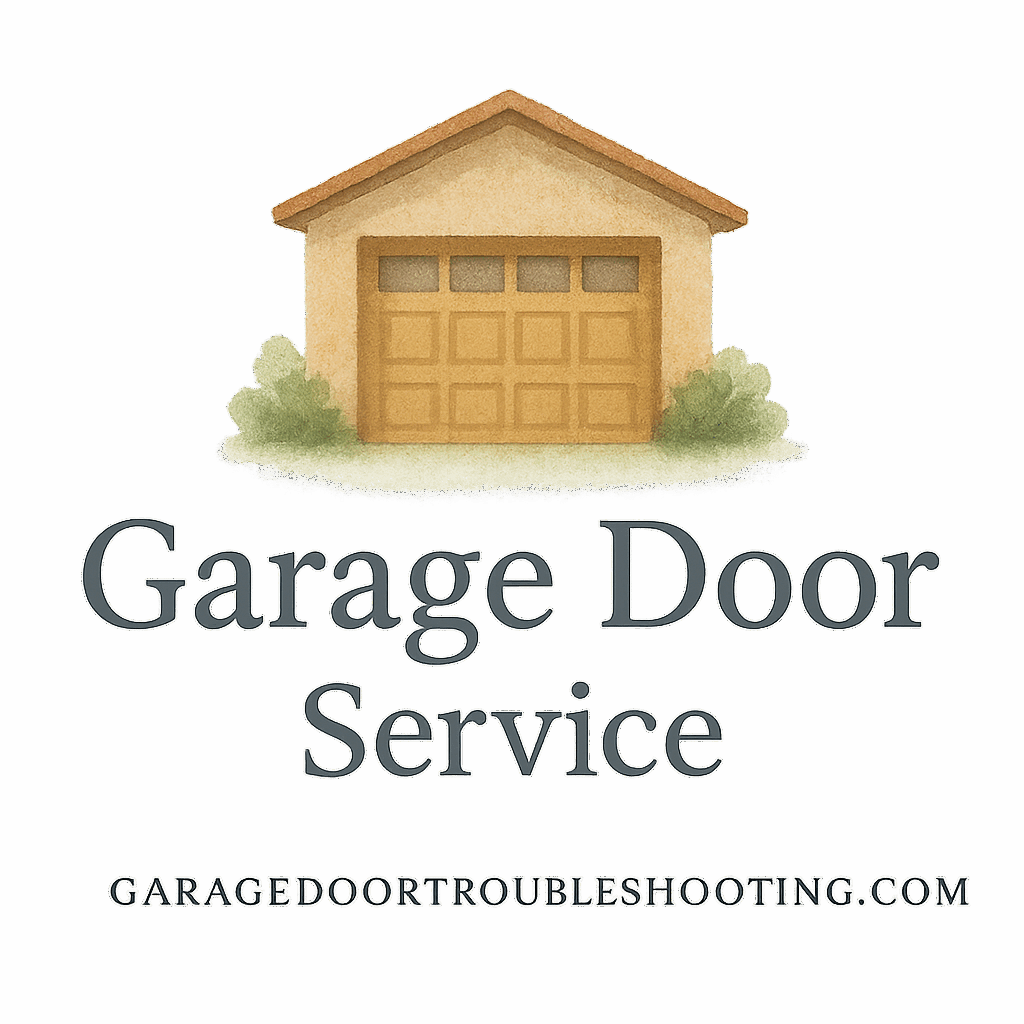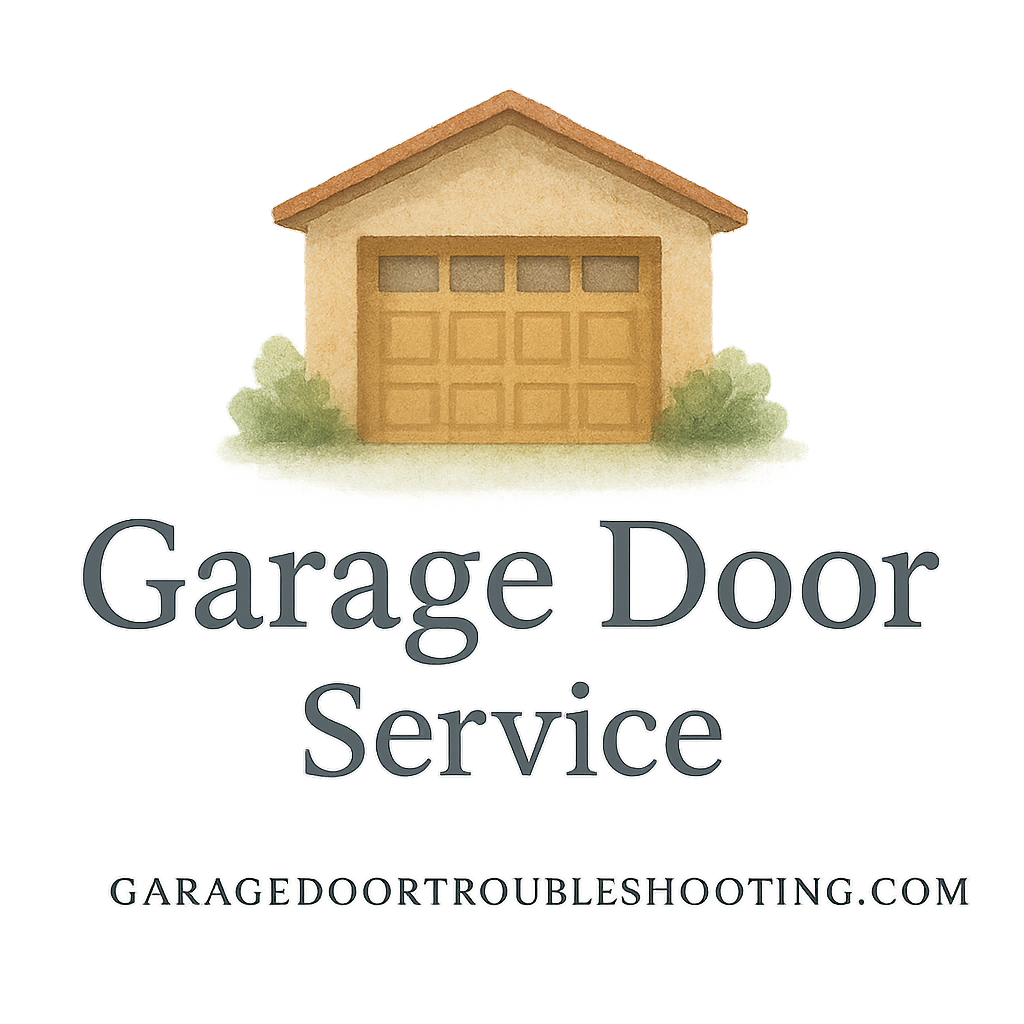When it comes to your home, the garage door is one of the most used yet overlooked parts. It’s not just about convenience; it’s about safety, security, and efficiency too. But what happens when your garage door starts acting up? Do you always need to call a professional? The truth is, there are several quick fixes every homeowner can master to keep things running smoothly.
In this guide, we’ll walk through 11 practical garage door repair solutions that save time, money, and frustration—all while keeping your home safe.
Why Homeowners Need Basic Garage Door Repair Knowledge
Think about how many times your garage door goes up and down in a week. Now imagine the wear and tear over months or years. Having some basic garage door repair skills means fewer service calls and less waiting around for help.
Plus, it gives you peace of mind knowing you can handle small issues before they become costly disasters.
If you want more in-depth repair and troubleshooting guidance, check out the garage door repair guides that cover step-by-step fixes.
Safety First: Precautions Before Any Garage Door Repair
Before jumping into quick fixes, let’s be real—garage doors are heavy, and some parts like springs can be dangerous. That’s why safety comes first.
Disconnecting Power and Opener
Always cut power to your garage door opener before doing repairs. This avoids accidental movement.
Using Protective Gear
Gloves, safety glasses, and closed shoes should be your go-to. A snapped spring or loose bolt can cause serious injury.
Knowing When to Call a Professional
If it’s beyond your comfort zone—especially springs, motor issues, or full installations—don’t risk it. Contact garage door services professionals.
Quick Fix #1: Lubricating Noisy Garage Doors
If your garage door squeaks, screeches, or groans, don’t panic. A little lubrication often does the trick. Spray silicone-based lubricant on rollers, hinges, and tracks. Avoid WD-40—it’s a cleaner, not a long-term lubricant.
For more garage door maintenance tips, regular lubrication is at the top of the list.
Quick Fix #2: Tightening Loose Hardware
Your garage door moves hundreds of times each year. Naturally, nuts, bolts, and screws loosen. Grab a socket wrench and tighten everything from track brackets to roller bolts. This small step prevents shaking and misalignment.
Quick Fix #3: Adjusting Garage Door Sensors
A common headache is when your garage door refuses to close because of misaligned sensors.
Cleaning Sensor Lenses
Dust and dirt buildup can block signals. Wipe them with a soft cloth.
Aligning Misplaced Sensors
If cleaning doesn’t work, check alignment. The sensors should face each other with indicator lights steady—not blinking.
Quick Fix #4: Replacing Weatherstripping
Weatherstripping keeps out drafts, rain, and pests. If you notice cracks or gaps, replace it. Cut a new strip to size and slide it into the retainer. Easy fix, big energy savings.
This also falls under homeowner tips for better insulation and comfort.
Quick Fix #5: Fixing an Unresponsive Remote Control
Few things are more annoying than pressing the garage door remote and getting no response.
Checking the Batteries
Start simple—replace the batteries.
Reprogramming the Remote
Still not working? Try reprogramming. Each opener has a learn/reset button; press it, then sync your remote again.
Quick Fix #6: Balancing the Garage Door
A balanced garage door moves smoothly and reduces strain on the opener. To test, disconnect the opener and manually lift the door halfway. If it doesn’t stay in place, it’s unbalanced.
Balancing may require adjusting spring tension—a tricky job. This is one where you might consider calling a professional.

Quick Fix #7: Replacing Broken Rollers
Worn rollers make your garage door shaky and noisy. Replacing them is straightforward:
- Remove the roller bracket
- Slide out the old roller
- Insert a new one
Pro tip: opt for nylon rollers instead of steel for quieter operation.
Quick Fix #8: Fixing Sticking or Binding Tracks
If your door is sticking, chances are the tracks are dirty or bent.
- Wipe out dirt and debris.
- Use a rubber mallet to gently tap bent tracks back into place.
- Check alignment with a level.
Quick Fix #9: Resetting the Garage Door Opener
Sometimes the motor just needs a reset. Disconnect power, wait 30 seconds, then reconnect. Reset the opener by pressing the learn button and syncing remotes again.
If issues persist, consult the garage door installation advice section for deeper troubleshooting.
Quick Fix #10: Fixing Broken Springs Safely
Garage door springs carry massive tension and can be deadly if mishandled.
Torsion vs. Extension Springs
- Torsion springs: Above the door, wound tightly.
- Extension springs: Located on either side, stretched when the door closes.
Why Homeowners Shouldn’t Attempt Spring Replacement Alone
Broken springs should almost always be left to experts. Trying DIY spring replacement is a dangerous repair. Instead, call a qualified provider.
Quick Fix #11: Improving Garage Door Security Features
Your garage door is a prime entry point for burglars.
Installing Smart Garage Door Systems
Smart systems let you monitor and control your door from a phone app—handy for family safety and peace of mind.
Adding Manual Locks for Extra Safety
A manual slide lock adds an extra layer of security, especially useful during vacations.
For more, see garage door safety and security.
Preventative Maintenance Tips for Longer Garage Door Life
Repairs are good, but prevention is better.
Monthly Inspection Checklist
- Check rollers, hinges, and springs
- Test door balance
- Listen for unusual noises
Annual Professional Service Plans
Many companies offer service contracts that include annual checkups—worth the investment to prevent major failures.
DIY vs. Professional Garage Door Repairs
Knowing the line between what you can DIY and what requires expertise is key.
Simple Fixes Homeowners Can Handle
Lubrication, tightening hardware, cleaning sensors, replacing weatherstripping.
Jobs Best Left to Experts
Spring replacement, opener motor issues, or track reinstallation. A professional service ensures safety and long-lasting results.
Benefits of Learning Garage Door Quick Fixes
- Saves money on service calls
- Prevents small issues from becoming big ones
- Increases safety for your family
- Boosts confidence as a homeowner
For a full list of benefits, staying proactive always pays off.
Common Mistakes to Avoid During Garage Door Repairs
- Using the wrong type of lubricant
- Ignoring safety warnings
- Over-tightening bolts (can crack metal parts)
- Attempting high-risk jobs without training
These mistakes can turn a simple DIY project into an expensive repair.
Final Thoughts: Be a Smart Homeowner with Your Garage Door
A garage door is like the silent workhorse of your home. With these 11 quick fixes, you can extend its life, save money, and avoid unnecessary headaches. Just remember: know your limits. Some jobs are best left to professionals, but plenty of small issues are well within your reach.
FAQs
1. How often should I lubricate my garage door?
At least twice a year, or whenever you hear squeaking.
2. What type of lubricant is best for garage doors?
Use a silicone-based spray or white lithium grease. Avoid WD-40.
3. Can I replace a broken garage door spring myself?
No, it’s highly dangerous. Always hire a professional.
4. Why won’t my garage door remote work even with new batteries?
It may need reprogramming or the opener might need resetting.
5. How do I know if my garage door is unbalanced?
Manually lift it halfway. If it doesn’t stay in place, it’s unbalanced.
6. What’s the best way to improve garage door security?
Install smart garage door openers and add manual locks.
7. How often should I schedule professional garage door service?
At least once a year with a service contract for preventative care.


